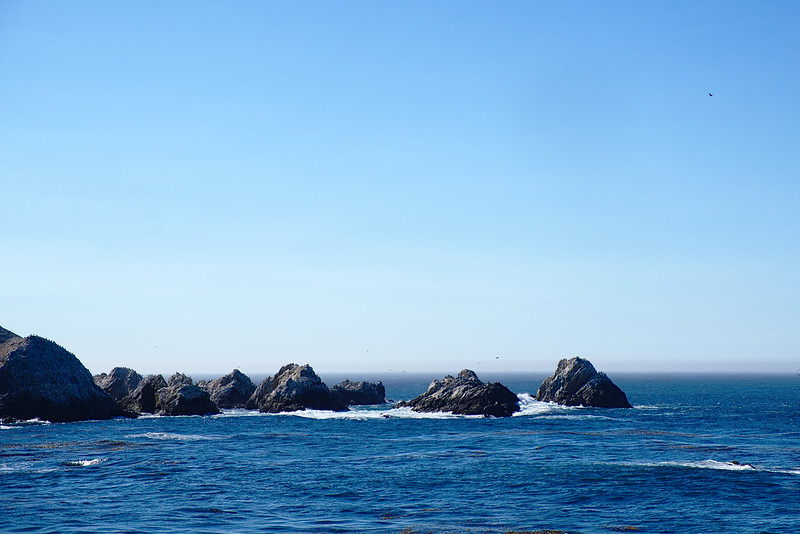
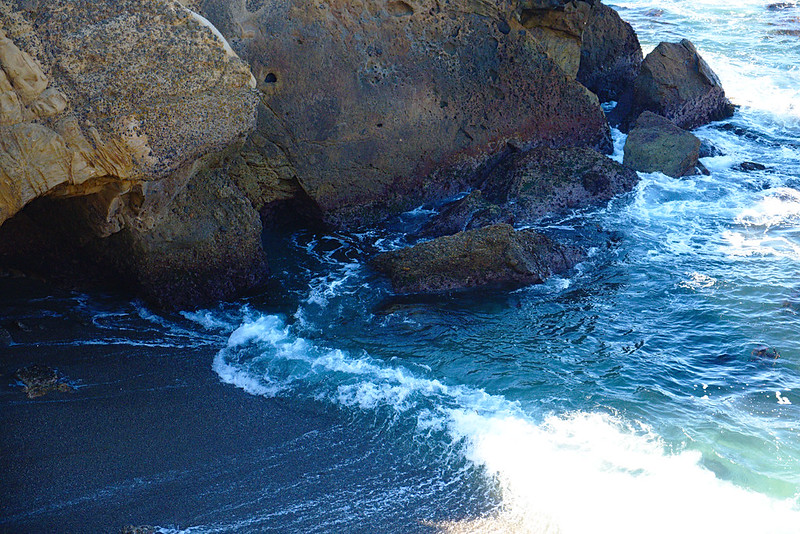


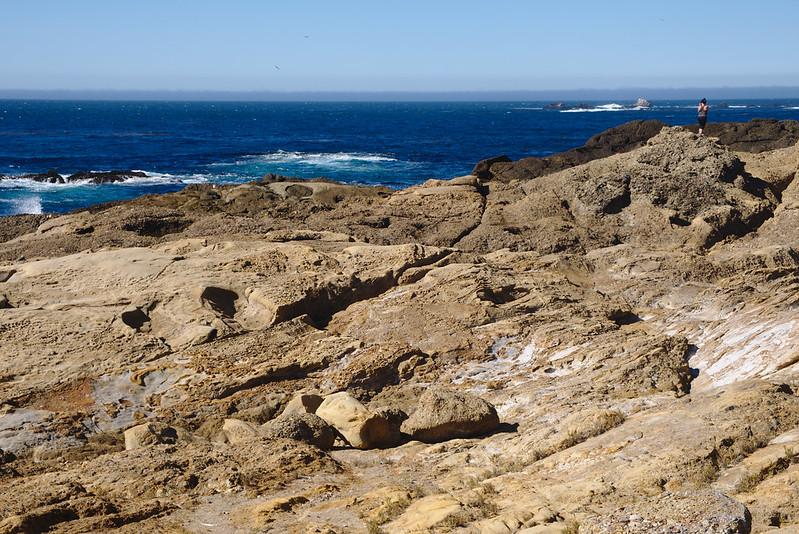
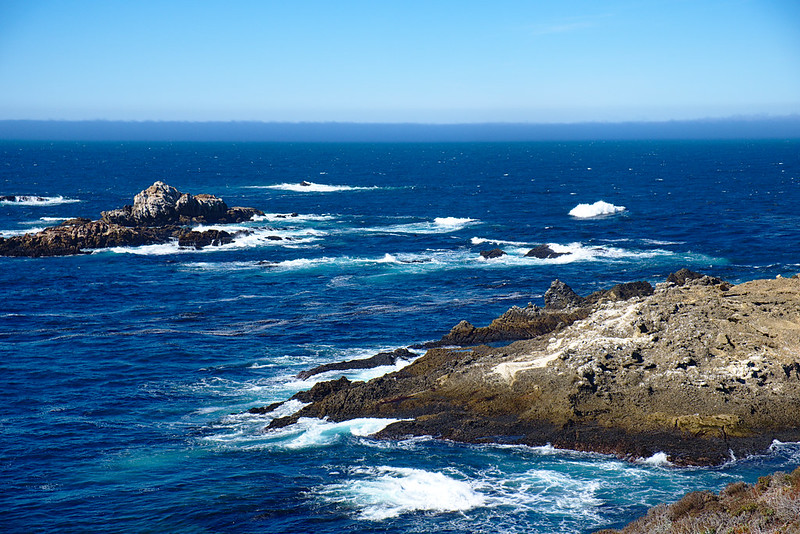
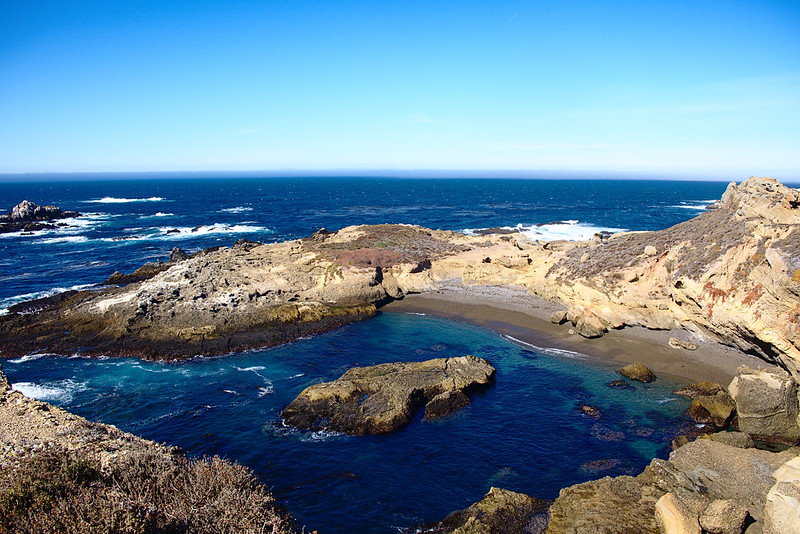
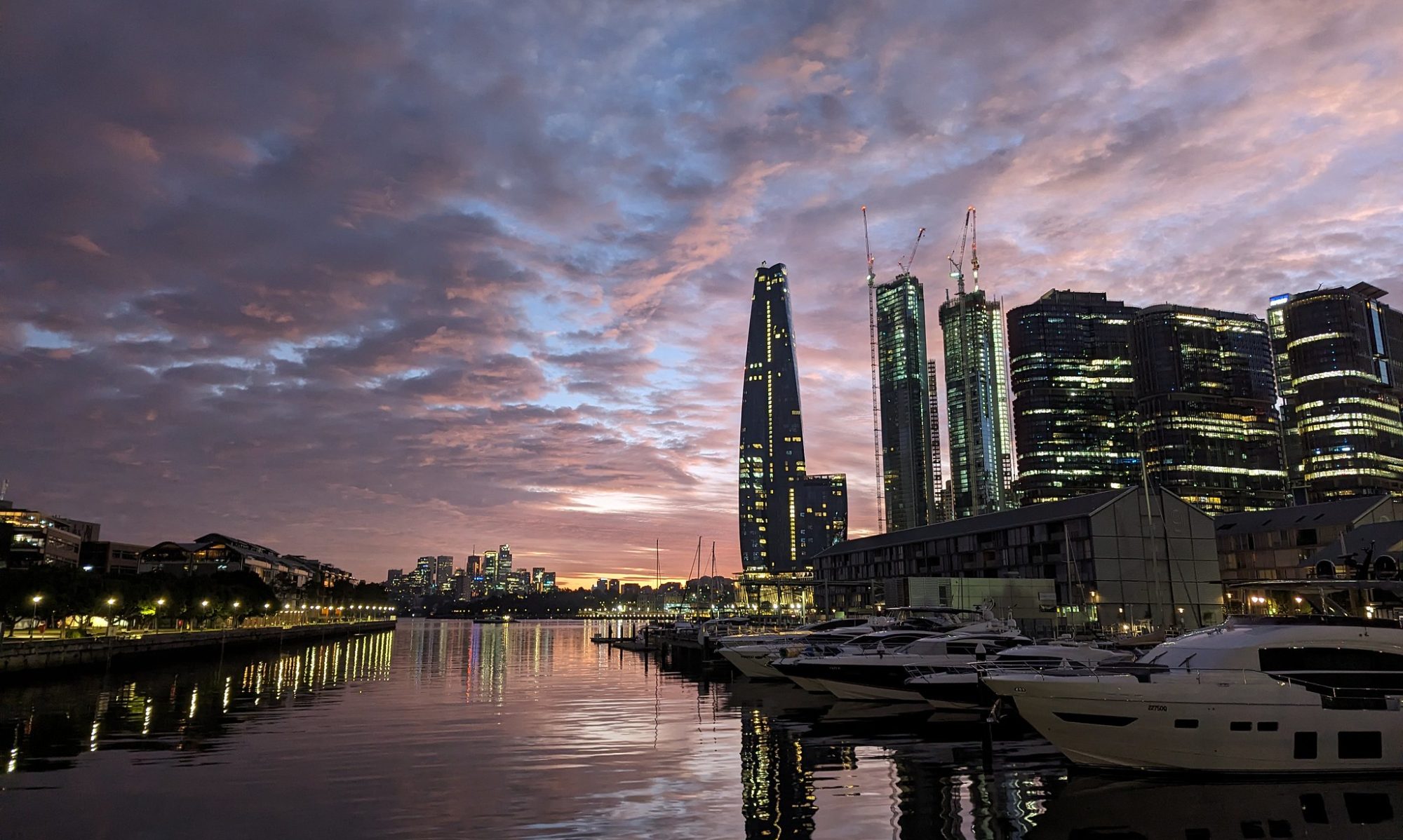
by Mary
We made another trip to Thredbo this year after all, this year in intense drought.
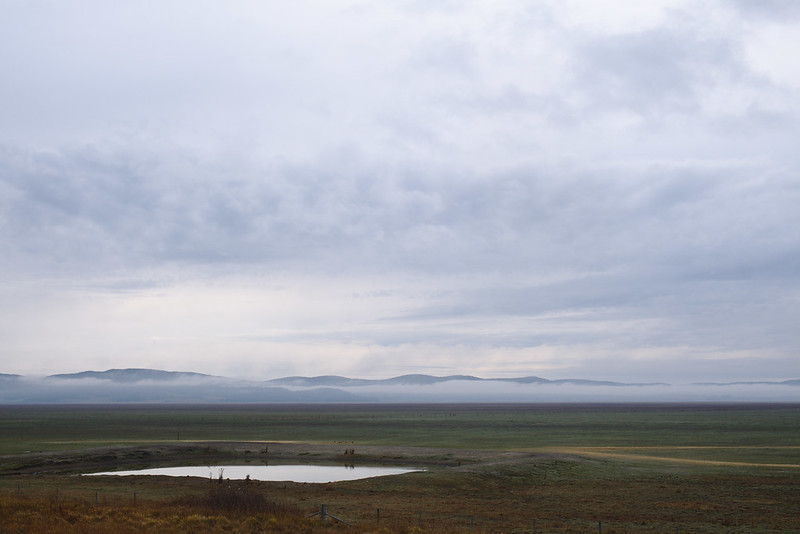
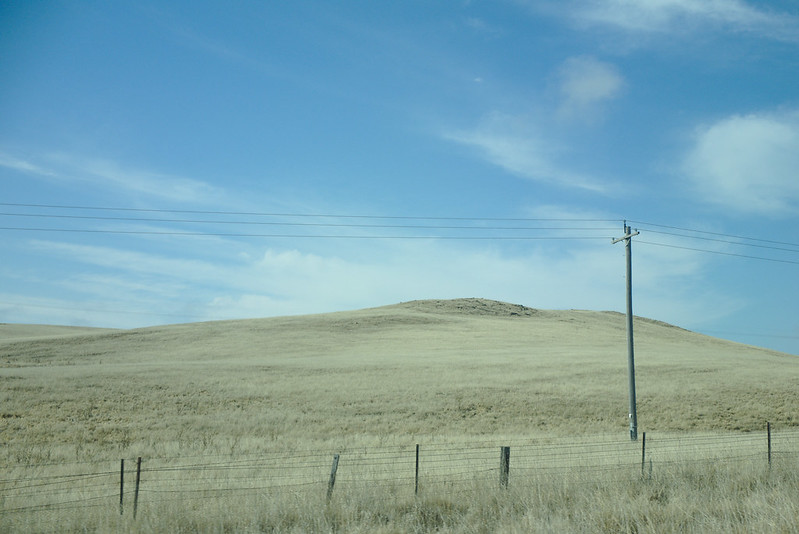
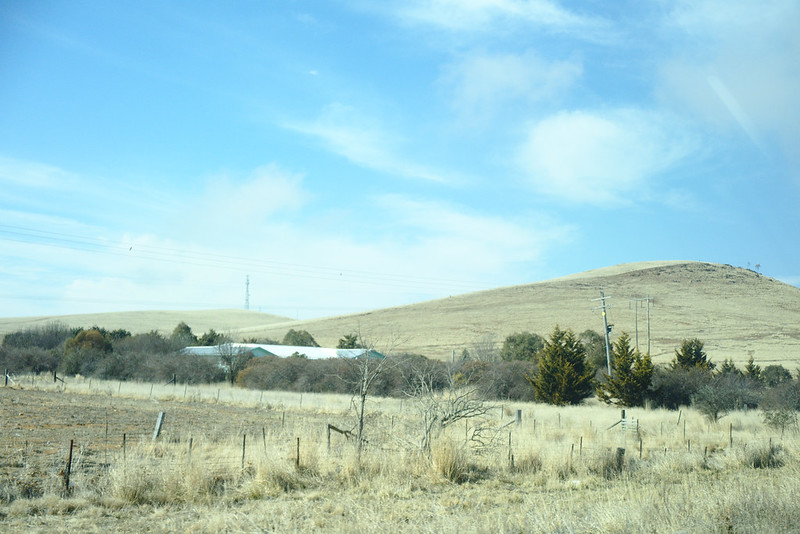
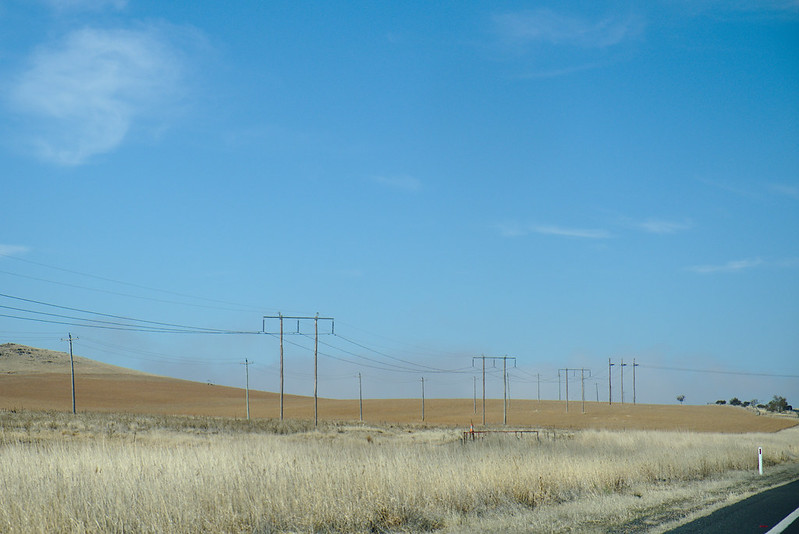
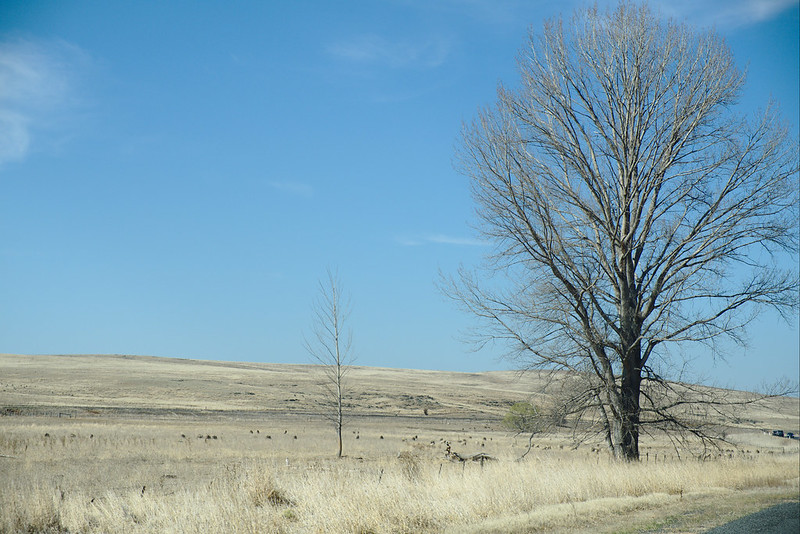
When asked for a Waimea Canyon lookout, Google Maps took us to an essentially arbitrary place on Waimea Canyon Drive with perfectly decent views of the canyon, rubbish parking, and a rather scary dropoff. But coming up Waimea Canyon Drive meant that we ran into another essentially arbitrary place with truly terrifying parking: the Red Dirt Falls, about 2km south of the fork with Kokee Road.
Photos of Kauaʻi, January 2018 (in progress).
For almost all of our trip, Kauaʻi beach safety reports seriously overestimated how dangerous the surf was. Theory: it’s winter, it must be terrible! Practice: my non-swimming four year old is safe and comfortable.
Shipwreck’s Beach was the major exception. It was certainly survivable, particularly past the breakers where not coincidentally most of the swimmers were, but neither of my children swim well enough to penetrate a churning wall of water.
Pretty though!
Photos of Kauaʻi, January 2018 (in progress).
The January winter ocean was rough, the sun was behind the cliffs, and the air was full of sea spray. Breathtakingly difficult to photograph and develop, and yet…
Photos of Kauaʻi, January 2018 (in progress).
It was slightly too hot for a comfortable walk, everyone was a little tired, the kids were grumpy. They wanted to go down to the beach, we didn’t want to slog back up the hill covered in red dust. And when we got down to the promised cave, it had shut for the day and we all had to turn tail and go home.
You’d think this would be difficult to forgive, but this made it possible:
Photos of Kauaʻi, January 2018 (in progress).